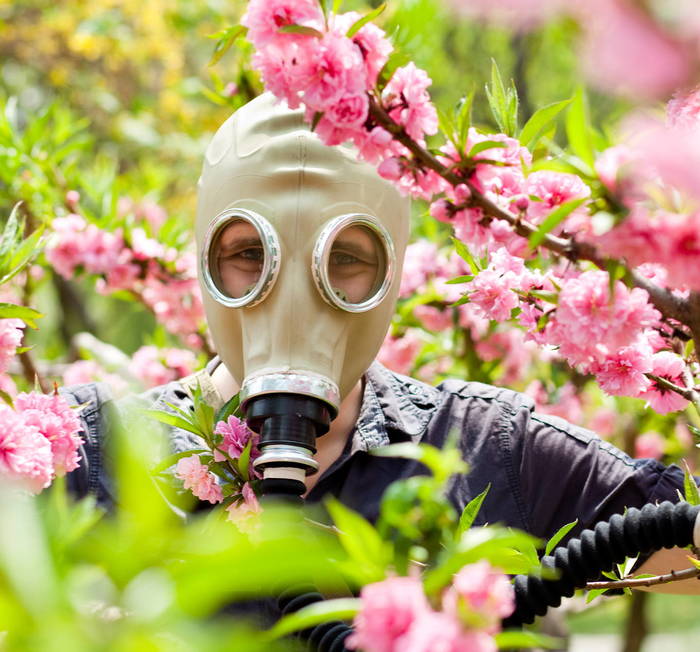If you have allergies and hay fever, then you know this firsthand. Spring and summer can mean bothersome symptoms like congestion, sneezing, and a runny nose. Yet, even if that is the case, there is still room for hope. Here are a couple of tried-and-true strategies that can help you bring seasonal allergies under control.

What Is Hay Fever?
Hay fever (a.k.a. allergic rhinitis) is a seasonal allergy that goes hand in hand with cold-like symptoms, such as sinus pressure, a runny nose, congestion, and itchy eyes. Nevertheless, it is not caused by a virus. Some people are just allergic to hay and different outdoor or indoor allergens. In comparison with a common cold, hay fever lasts only while there is exposure to allergens. Yet, even mild hay fever can interfere with your well-being, work, and life in general.
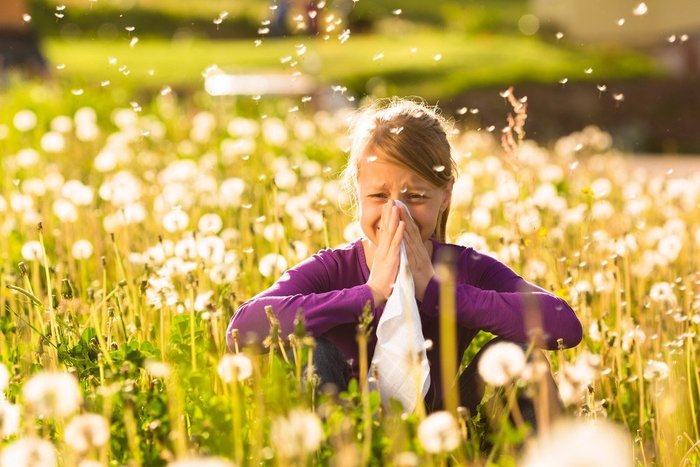
Is Hay Fever Contagious?
A lot of people ask themselves the following question: “Hay fever is it contagious?”. If you are one of those people, then know that the answer is NO.

Hay fever’s symptoms might be similar to the ones of a common cold. However, they come from an allergic reaction inside your body to an environmental allergen, like pollen. This is why it is particularly challenging for people with hay fever in summer.
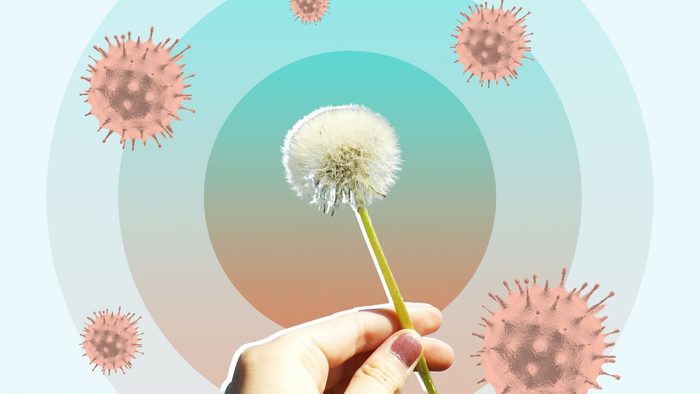
How to Reduce Your Exposure to Hay Fever Triggers?
If you want to nip summer allergies in the bud, then stay indoors on windy and dry days. In addition, it is important to keep indoor air clean. You can do so by using air conditioning with high-efficiency filters, as well as a dehumidifier. On top of that, provide yourself with a vacuum cleaner that has a HEPA filter.
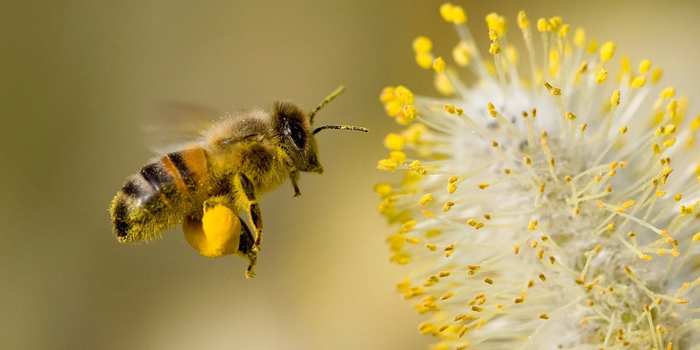
Other measures include avoiding weed pulling, lawn mowing, hanging laundry outside, or doing outside chores without a mask. Also, keep track of current pollen levels. So, when there is a lot of pollen, take allergy medications, avoid outdoor activity in the early morning, and close doors and windows.

How to Deal with Hay Fever?
There are multiple types of nonprescription medications that can help you ease allergy symptoms. On the one hand, you can try nasal spray before your symptoms start. On the other hand, you can experience temporary relief from nasal stuffiness by using oral decongestants such as pseudoephedrine. Furthermore, there are oral antihistamines and combination medications that are helpful for battling sneezing, watery eyes, itching and runny noses.
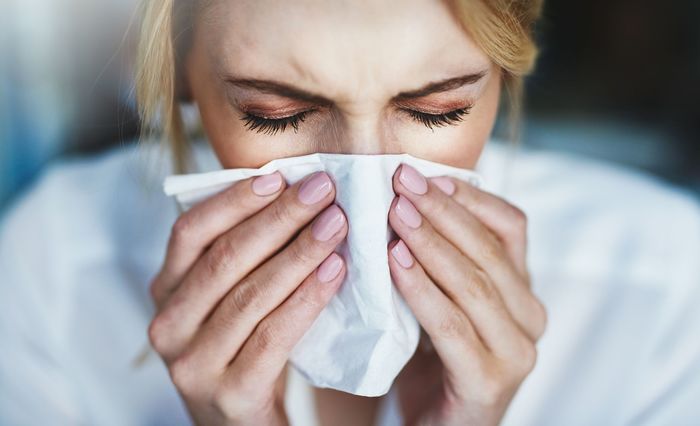
If you are looking for a rapid and inexpensive way of relieving nasal congestion, consider rinsing your sinuses. Yet, whatever preventive measures and alternative treatments you try, do not hesitate to see a doctor if symptoms get worse. Sometimes it is easier to overcome hay fever when you have skin and blood tests that reveal what allergens trigger your symptoms.

